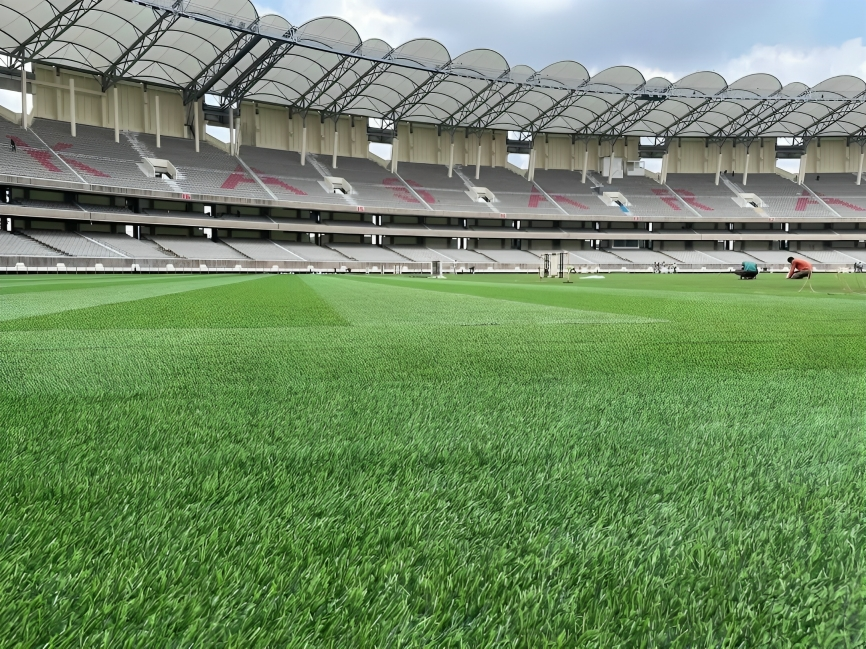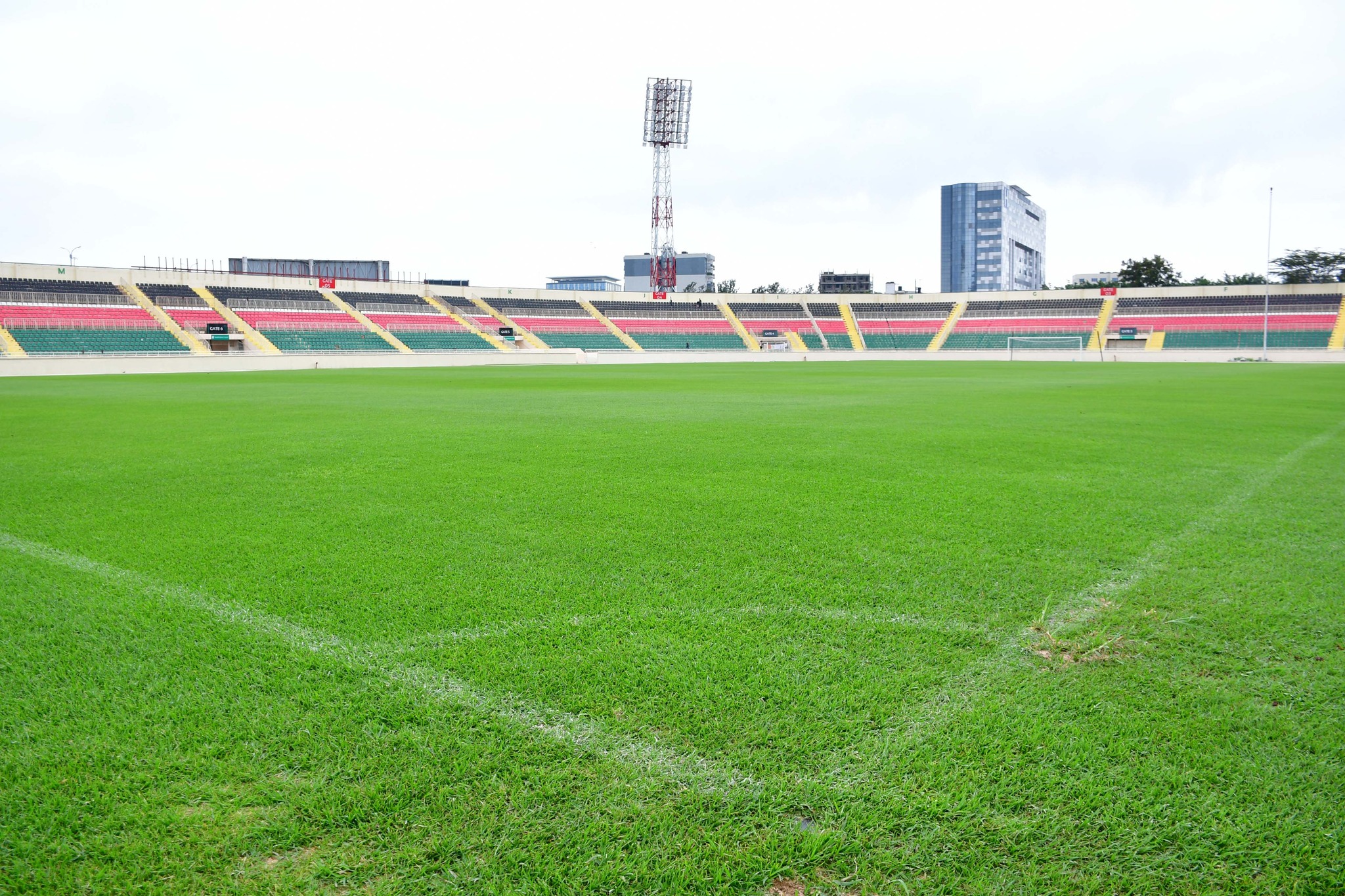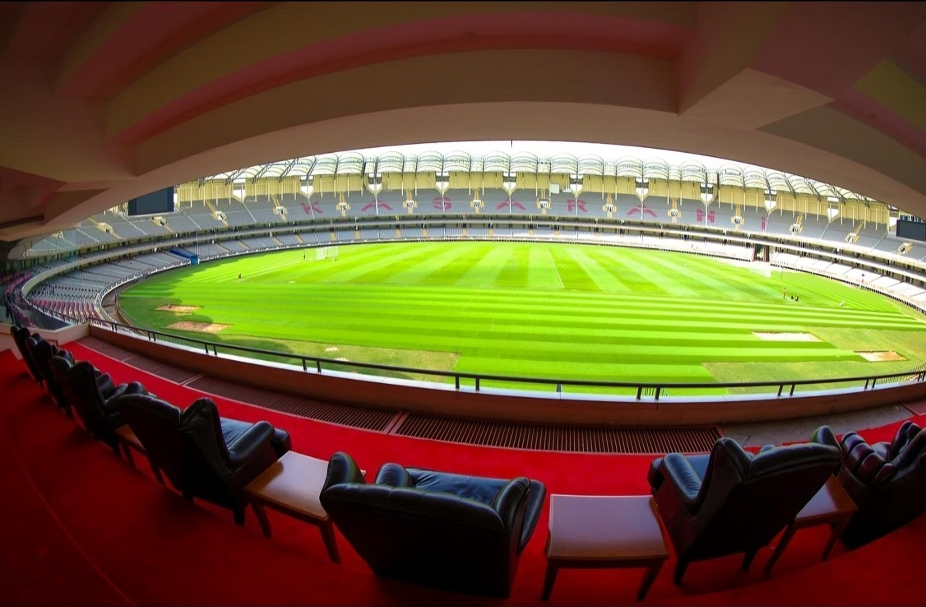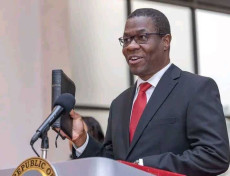- The Moi International Sports Centre, Kasarani in Nairobi, which has a capacity of 55,000, has been upgraded with CAF-approved floodlights, VAR technology, enhanced seating, and improved media facilities.
- Nyayo National Stadium, which can seat 18,000 fans, has undergone significant renovations and was officially handed over to the Local Organising Committee earlier this month.
East Africa is preparing for a significant football event as Kenya, Tanzania, and Uganda prepare to co-host the 2024 African Nations Championship (CHAN), scheduled to take place from August 2 to August 30, 2025.
This will be the inaugural occasion on which three nations collaborate to host the biennial tournament, featuring teams composed solely of players participating in their local leagues.

Kenya is leading the way in host preparations. The Moi International Sports Centre, Kasarani in Nairobi, which has a capacity of 55,000, has been upgraded with CAF-approved floodlights, VAR technology, enhanced seating, and improved media facilities.

Similarly, Nyayo National Stadium, which can seat 18,000 fans, has undergone significant renovations and was officially handed over to the Local Organising Committee earlier this month.
Moreover, training facilities such as the Ulinzi Complex and Police Sacco Stadium have been certified for use by the teams. Initiatives such as visa-free access for African participants and fully digital ticketing aim to improve safety and crowd management during the tournament.
A significant event in the Harambee Stars' pre-tournament preparations was their surprising withdrawal from the CECAFA Four Nations Tournament, which was set to commence on July 21, 2025, in Arusha, Tanzania.
The players had already arrived in Tanzania and were set to face Uganda in their opening match. Still, the Football Kenya Federation (FKF) announced its withdrawal after evaluations by the coaching staff, led by Head Coach Benni McCarthy.
According to FKF, this decision was made due to concerns about the training and logistical conditions in Arusha, which were considered inadequate and could pose risks to the team's fitness ahead of CHAN.
FKF stressed that the decision was made in the best interests of the squad's long-term objectives and preparation. Coach McCarthy supported the decision, highlighting issues such as poor pitch conditions, frequent fixture alterations, travel delays, and inadequate recovery facilities as significant risks that could compromise player well-being and strategic readiness.
CECAFA, on the other hand, labelled the withdrawal as unjust, indicating that they had met Kenya's requests—which included preferred accommodations, dietary-specific meals, and dedicated internet routers—before the withdrawal.
Now back in Nairobi, the Harambee Stars have resumed their training and are concentrating on preparing for the CHAN tournament, utilising their home capabilities.
In Group A, Kenya will face strong competitors: Morocco, DR Congo, Angola, and Zambia. Their campaign kicks off on August 3 at Kasarani Stadium against DR Congo.
Looking beyond the upcoming match schedule, CHAN 2025 holds much greater significance. For Kenya, Tanzania, and Uganda, this tournament not only serves as a sporting event but also as an extensive practice run for the forthcoming Africa Cup of Nations (AFCON) 2027, which they will also co-host.
It is an opportunity to enhance domestic football, promote regional tourism, and demonstrate East Africa's organisational capabilities.
As the kickoff date approaches and teams begin to gather, all attention will be on East Africa to deliver a memorable edition of CHAN marked by enthusiasm, collaboration, and professionalism.



-1772090413-1772095461-md.jpg)
-1772094026-md.jpg)


-1772090413-1772095461-sm.jpg)
-1772094026-sm.jpg)